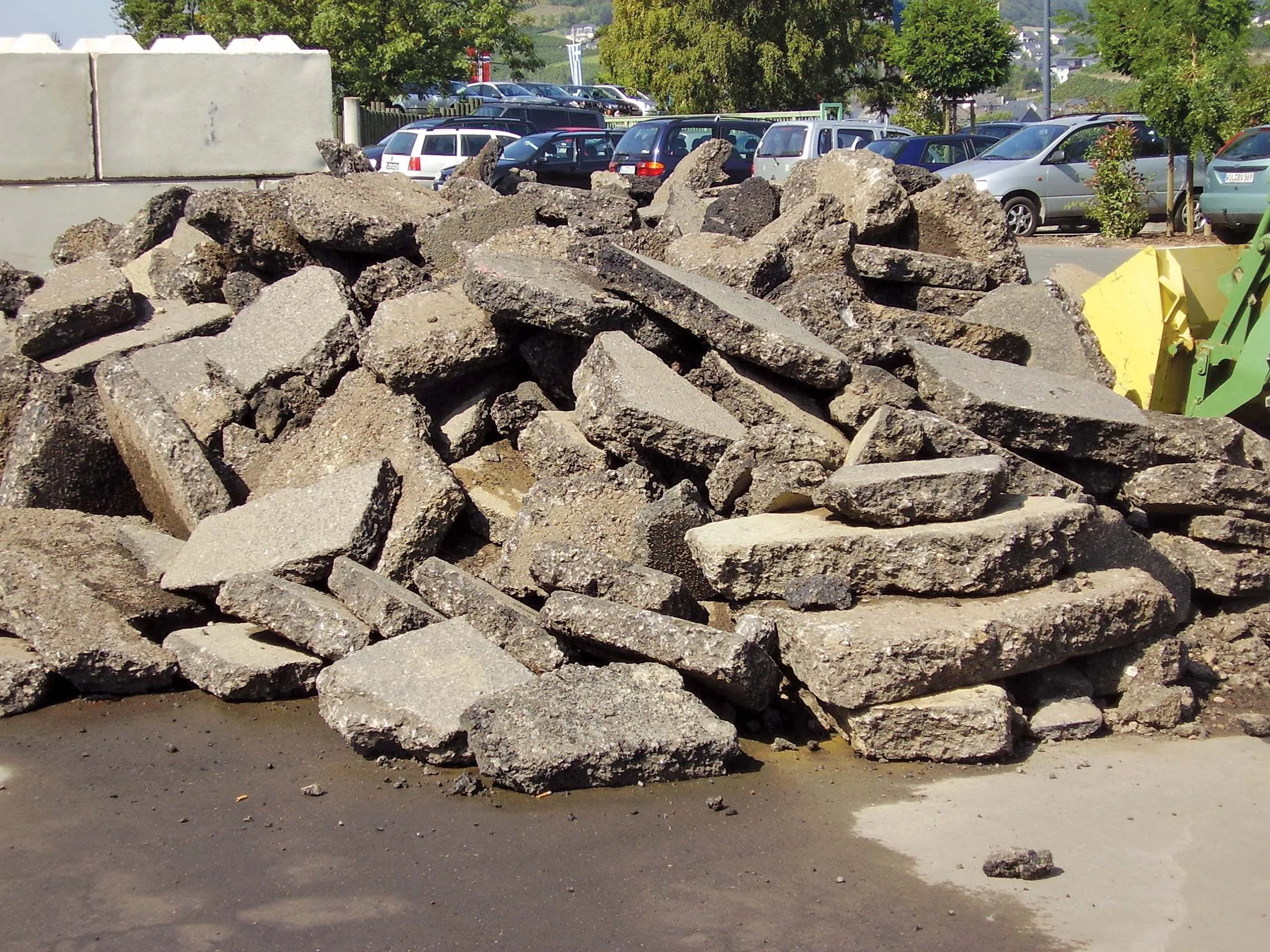A new report from the American Road & Transportation Builders Association (ARTBA) says that the US transportation sector has been instrumental in improving the country's environment over the past 40 years.
March 1, 2012
Read time: 3 mins
A new report from the American Road & Transportation Builders Association (ARTBA) says that the US transportation sector has been instrumental in improving the country’s environment over the past 40 years. This has been achieved through the use of new technologies, innovative project design and construction techniques, cleaner-burning fuels, and intensive recycling of waste materials, according to ARTBA. A new publication from ARTBA documents this progress, using recent federal government and private sector data. According to 2364 US Department of Transportation (USDOT) data, motor vehicle emissions have dropped significantly since the 1970s. Carbon monoxide emissions are down 62%, carbon dioxide emissions are down 38%, volatile organic compounds are down 73% and particulate matter emissions are down 50%.
This progress is extraordinary, ARTBA says, given that during the same period the US Gross Domestic Product increased 167%, the total number of miles driven by Americans increased 157%, the number of vehicles on US roads increased 112% and the US population increased 41%, while highway and transit capacity grew at much slower rates. A White House Council on Environmental Quality report cited in the ARTBA publication shows that in 2008, wetlands acreage on federally-funded highway projects increased 170% between 1996 and 2008.
The industry’s construction equipment is much more efficient and cleaner than that used to build transportation projects in previous generations, according to ARTBA. Construction contractors are also employing emission-smart practices like turning off heavy equipment rather than letting it idle, keeping equipment maintained for maximum efficiency and lower emissions, using lower-emitting fuels (increasingly including biodiesel) and finding local sources for building materials to cut shipping-related emissions.
Data from the US1293 Environmental Protection Agency and 3467 Diesel Technology Forum shows the results. The entire US construction industry, which includes transportation construction, accounts for a mere 1.7% of the total greenhouse gas emissions and that will continue to fall as more fuel efficient equipment replaces older machines. Off-road particulate emissions have been reduced by 85% since 1996. Off-road nitrogen oxide emissions have fallen by 70% since 1996. When it comes to recycling, the ARTBA report shows, the US transportation construction industry is a leader, saving taxpayers on publicly-funded road projects while reducing demand for petroleum, landfills, quarries and gravel pits.
According to the3464 National Asphalt Pavement Association, 100 million tonnes of asphalt used in roadways, runways and parking lots are reclaimed annually. Approximately 75 million tonnes are recycled and applied again as a hot-mix or warm-mix asphalt surface. Concrete producers are also major consumers of industrial by-products that otherwise would end up in landfills. They annually use, as a reinforcing and binding agent, 15 million tonnes of fly-ash, the fine particulate ash that results from the combustion of a solid fuel, such as coal.
Increased investment in federal transportation programs over the past decade has paid dividends for the environment, according to government sources documented in the ARTBA publication. According to the2410 Federal Highway Administration’s National Transportation Enhancements Clearinghouse, from 1992 to 2009, state and local governments invested US$9.2 billion of their federal highway funding to transportation enhancement projects.
“If America is to meet its future mobility and environmental challenges ahead then it must invest in significant new capacity for highway and public transit systems—and not invest in one mode at the expense of the other,” ARTBA president Pete Ruane says. “We must also continue to encourage and support the development of new technologies that result in ever cleaner and more efficient energy use in the transportation sector.”
This progress is extraordinary, ARTBA says, given that during the same period the US Gross Domestic Product increased 167%, the total number of miles driven by Americans increased 157%, the number of vehicles on US roads increased 112% and the US population increased 41%, while highway and transit capacity grew at much slower rates. A White House Council on Environmental Quality report cited in the ARTBA publication shows that in 2008, wetlands acreage on federally-funded highway projects increased 170% between 1996 and 2008.
The industry’s construction equipment is much more efficient and cleaner than that used to build transportation projects in previous generations, according to ARTBA. Construction contractors are also employing emission-smart practices like turning off heavy equipment rather than letting it idle, keeping equipment maintained for maximum efficiency and lower emissions, using lower-emitting fuels (increasingly including biodiesel) and finding local sources for building materials to cut shipping-related emissions.
Data from the US
According to the
Increased investment in federal transportation programs over the past decade has paid dividends for the environment, according to government sources documented in the ARTBA publication. According to the
“If America is to meet its future mobility and environmental challenges ahead then it must invest in significant new capacity for highway and public transit systems—and not invest in one mode at the expense of the other,” ARTBA president Pete Ruane says. “We must also continue to encourage and support the development of new technologies that result in ever cleaner and more efficient energy use in the transportation sector.”








